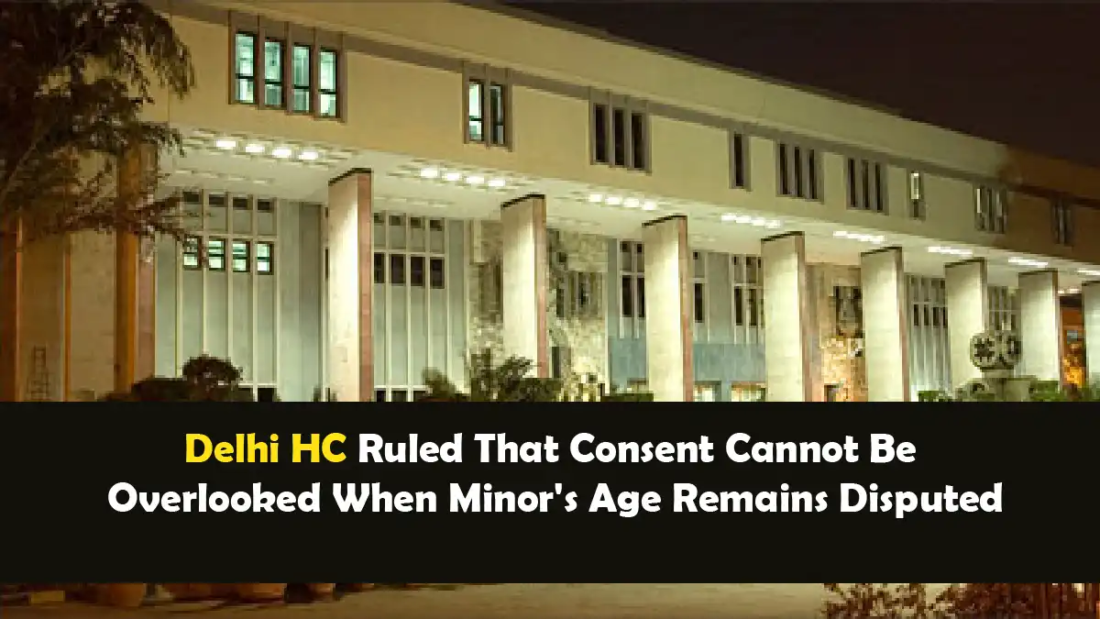Facts of the Case:
The present case involves an appeal filed by the State challenging the acquittal of the respondent, X under Section 4 of the Protection of Children from Sexual Offences Act (POCSO Act). The original case arose after the father of the prosecutrix (a 17-year-old girl) reported her missing. She had left home for tuition but did not return, and the complainant suspected the involvement of the respondent, who was also found to be missing. Both the prosecutrix and the respondent were found together two days later in Dharuhera.
The respondent was charged with having committed physical relations with the prosecutrix, but the key issue revolved around the victim’s age on the date of the incident, which was critical for establishing the applicability of the POCSO Act. Despite the prosecutrix’s testimony that the physical relations were consensual, the prosecution failed to conclusively prove that she was under the legal age of consent (18 years) at the time of the incident. Consequently, the trial court acquitted the respondent.
Contentions of the Petitioner (State):
The State contended that the prosecutrix’s age was proved to be below 18 years based on her school records. These records, along with the statement of the prosecutrix where she mentioned her date of birth as 22.12.1998, indicated that she was about 16 years old at the time of the incident. Furthermore, the State argued that since the prosecutrix was a minor, her consent was legally invalid under the POCSO Act. The appellant also highlighted that the trial court had erred in acquitting the respondent, as the prosecution had proven its case beyond a reasonable doubt.
Contentions of the Respondent:
The respondent, on the other hand, supported the acquittal by pointing out the failure of the prosecution to prove the victim’s exact age. He referred to the legal precedent that questioned the evidentiary value of school records when the supporting documentation (such as the affidavit of the prosecutrix’s uncle) was not corroborated by the person who provided it. The respondent further argued that the prosecutrix had consented to the physical relationship, which was consistent with her own testimony in court and her earlier statement under Section 164 CrPC. Additionally, the defense emphasized that there was no forceful sexual assault, and the relationship between the prosecutrix and the respondent was consensual.
Court’s Observations:
The Court considered various factors before arriving at its judgment. It noted that the prosecution failed to provide conclusive evidence to prove the victim’s age as required under Section 94 of the Juvenile Justice Act, which mandates specific documents to establish the age of a child. In the present case, while the school records listed her date of birth as 20.01.1998, the Court found these records to be unreliable because the affidavit provided by the prosecutrix’s uncle, upon which the school records were based, was not corroborated by the uncle himself. The Court also observed the lack of medical evidence supporting the claim of forceful intercourse, highlighting that there were no injuries indicative of resistance from the prosecutrix.
The Court observed that “The POCSO Act was promulgated for the protection of children. The Act, however, did not choose to draw any distinction as to a girl of less than 18 who chooses a partner out of her own choice and volition. Therefore, any sexual act or intercourse by a man with such a girl would constitute an offence under various provisions of the POCSO Act of 2012….. Therefore, the age of majority as prescribed, must be construed and interpreted in the context of the law for which it is being considered and in a case of this nature, where the minor is certain and unshaken in her opinion and desire, it would not be right and proper for this Court to brush aside her views on the ground that she is not 18 years of age as on date and is only 16 years, 10 months, 21 days old.”
The Court also considered the prosecutrix’s testimony, in which she stated that the physical relations with the respondent were consensual, both during her Section 164 statement and her court testimony. Moreover, the Court referred to the case of Court On Its Own Motion (Lajja Devi) vs. State (Delhi), emphasizing the importance of ensuring that legal proceedings involving adolescent love and consent are approached with a nuanced understanding.
Court’s Order:
The Delhi High Court, after hearing the submissions, concluded that the prosecution had failed to prove beyond reasonable doubt that the prosecutrix was under 18 years of age on the date of the incident, which was crucial for establishing the guilt of the respondent under the POCSO Act. The Court stated that “To convict an individual under the POCSO Act without definitive proof of the age of the prosecutrix, especially when the age difference between the prosecutrix and the age of majority is of only one or two years, would be harsh and unjust.” Therefore, the acquittal of the respondent was upheld, and the appeal was dismissed.
The judgment serves as a reminder of the importance of reliable evidence when determining the age of a minor in cases under the POCSO Act. The Court underscored the need to balance the protection of minors with the legal rights of individuals involved in consensual relationships.
Credits: Deeksha Rai
 Cart is empty
Cart is empty 

